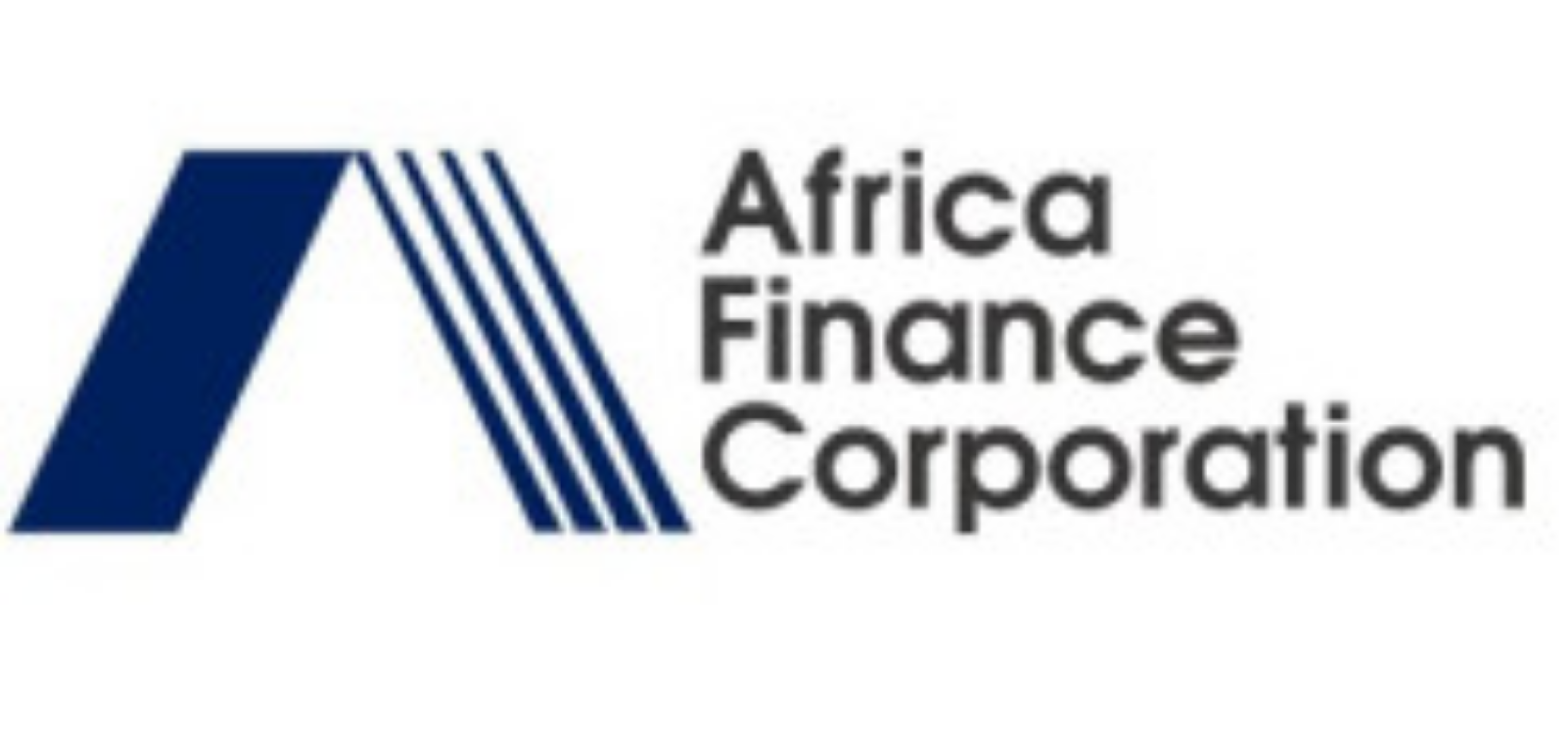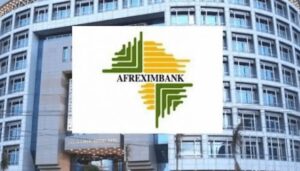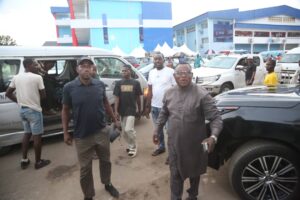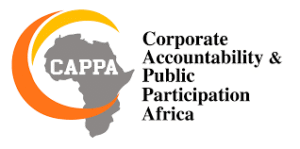
BY TEMITAYO OLUMIDE AYODELE
Cameroon is partnering with the Africa Finance Corporation to create infrastructure that will help transform the economy into a manufacturing hub from mostly raw mineral exports now, driving job creation, skills transfer and higher export revenue.
Joining as AFC’s 36th member state, Cameroon will be working with the Corporation on key infrastructure to deepen integration, enable import substitution, and develop manufacturing and industrial capacity to account for 40% of GDP, as part of the government’s Vision 2035 program. AFC, Africa’s leading infrastructure solutions provider, has to date allocated over US$300 million to Cameroon to capture value from the nation’s natural resources, which include maize, cassava, cotton, cocoa, oil and gas, as well as energy transition metals such as cobalt and nickel.
Cameroon Prime Minister Joseph Dion Ngute said: “We are committed to working with the AFC to quickly and sustainably build critical supporting infrastructure that will help with Cameroon’s development.”
With a mission of solving the continent’s most pressing challenges, AFC has invested over US$10 billion in the past 15 years, utilising its unique access to global capital markets to drive development, integrate regional economies and transform lives. Through its ecosystem investment approach, AFC has developed and financed projects such as the first carbon neutral industrial zone in Africa, the Nkok Special Economic Zone, which has made Gabon the largest exporter of veneer wood globally, generating US$1 billion in annual export revenue and creating over 30,000 jobs. Through a US$150 million investment, the approach is being replicated by the Arise platform in Benin and Togo to generate a projected US$750 million and US$2 billion in additional GDP, respectively.
AFC has partnered with 17 additional countries in the past four years, with Angola and Tunisia joining this year. Benefits for member nations include increased investment allocation, preferred access to AFC’s structuring and lending solutions, reduced project debt costs, and the Corporation’s advisory and project development services.
The largest economy in the Central African Economic and Monetary Union (CEMAC), Cameroon’s membership extends AFC’s footprint to cover more than half of central Africa, grouping Chad, Congo-Brazzaville, the Democratic Republic of Congo and Gabon.
President and CEO of AFC, Samalia Zubairu, said: “We are delighted to welcome Cameroon as a member of AFC. Our rapidly expanded membership is a sign of confidence in our past collaborations and demonstrates interest in partnerships and initiatives that will further drive economic development and play a critical role in enabling key infrastructure.”
Projects currently being explored by AFC and Cameroon include road modernisation and maintenance to boost trade in the region, and financing agricultural processing facilities to support the export of cotton seeds and soybeans.
In 2018, AFC made an investment in the Nachtigal Hydro Power Company, a 420MW power station that will boost Cameroon’s installed capacity by 30 percent and slash the cost of power generation. Four years earlier, the Corporation supported the modernisation and expansion of Cameroon’s national refinery, Société Nationale de Raffinage (Sonara).
Cameroon’s government is looking to public-private partnerships to help build infrastructure that can create more opportunities for beneficiation and deliver real impact to its diverse population.
“Having already invested $300 million in our country, AFC has a proven track record of delivering core infrastructure,” Prime Minister Ngute said. “We look forward to building upon our existing relationship.”







